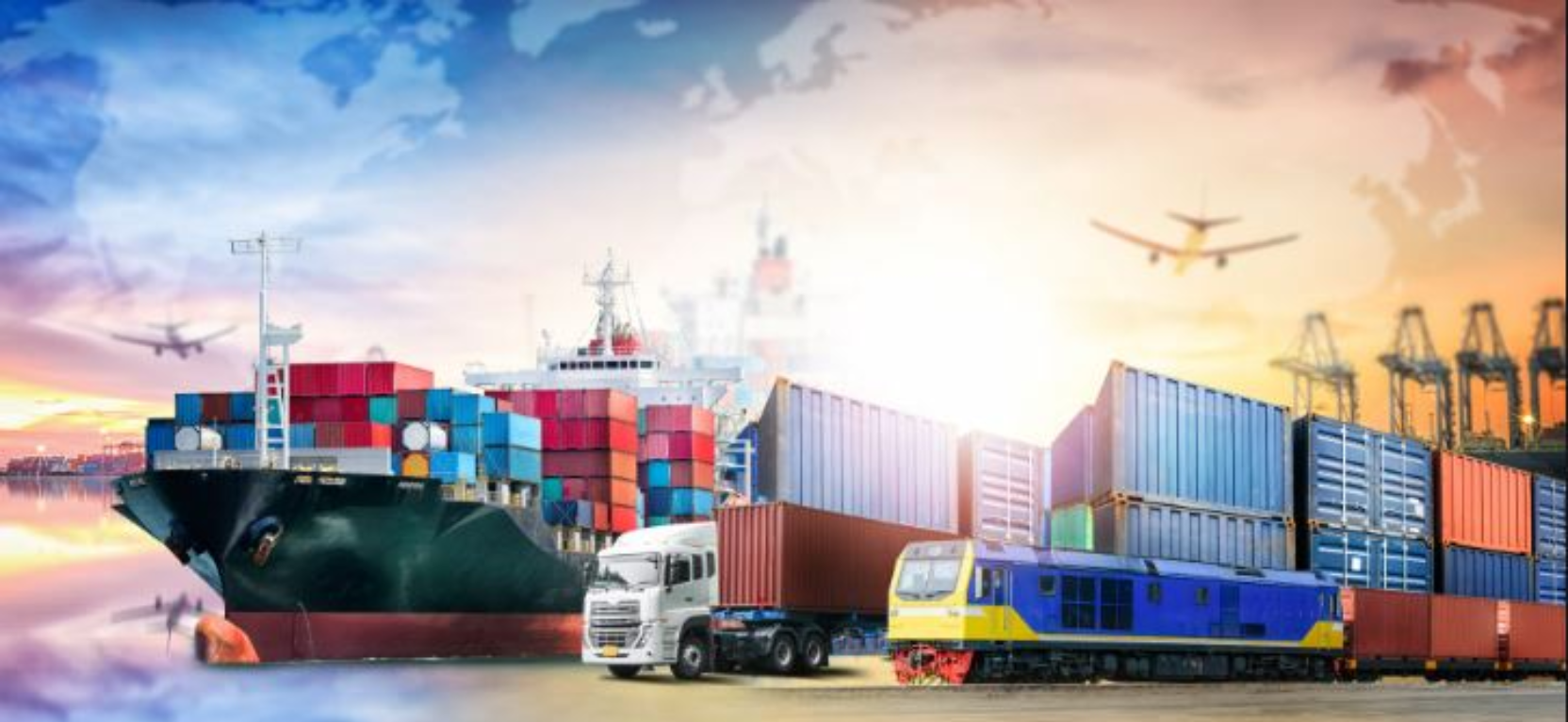In terms of investments, companies in free trade zones represented $1.542 billion in 2023, 40% of the total foreign investment that entered Costa Rica that year, which amounted to $3.788 billion.
Costa Rica’s free trade zones generated $12.276 billion in 2023, representing 14% of the country’s Gross Domestic Product (GDP). Additionally, they contribute 40% of foreign direct investment, according to a report released Thursday by the Costa Rican Foreign Trade Promotion Agency (Procomer).
“This study highlights the data of a regime that not only generates investment and quality jobs, but also acts as a catalyst for opportunities for local businesses and is an active contributor to the nation’s well-being,” said Costa Rica’s Minister of Foreign Trade, Manuel Tovar, in a statement.
The study, titled Free Zones: A Driver of Competitiveness and Economic Growth in Costa Rica 2023, reveals that the $12.276 billion generated by these business parks includes $5.621 billion in local purchases, reflecting a 24% growth compared to 2022.
The study further emphasizes that for every dollar Costa Rica exempts from taxes for free zones, the country receives a return of $2.80, yielding a net benefit of $1.80.
Employment in these business parks is growing at an average annual rate of 9%. In 2023, there were 186,658 direct jobs and 64,871 indirect jobs created.
“The sustained growth in local purchases, salaries, and tax contributions shows the boost to international competitiveness and strengthens Costa Rica’s economic and social fabric,” Minister Tovar stated.
Regarding investments, companies in free zones represented $1.542 billion in 2023, 40% of the total foreign investment that entered Costa Rica that year, which totaled $3.788 billion.
The report also revealed that in 2023, 567 companies operated in 68 free zones. Of these, 65.8% belong to the services sector, 25.6% to the industrial sector, and 8.6% to the agro-industrial sector.
Furthermore, 59% of companies operating in free zones are foreign-owned, and 64% of Costa Rica’s goods exports were made from companies located in these business parks.
“The Free Zone Regime represents one of Costa Rica’s main competitive advantages, fosters the development of specialized human talent, and actively promotes the inclusion of thousands of women in the workforce. Additionally, these companies contribute to economic well-being by offering salaries that are 1.8 times higher than the national private sector average,” said Procomer’s General Manager, Laura López.
Source: Forbes Centroamerica




